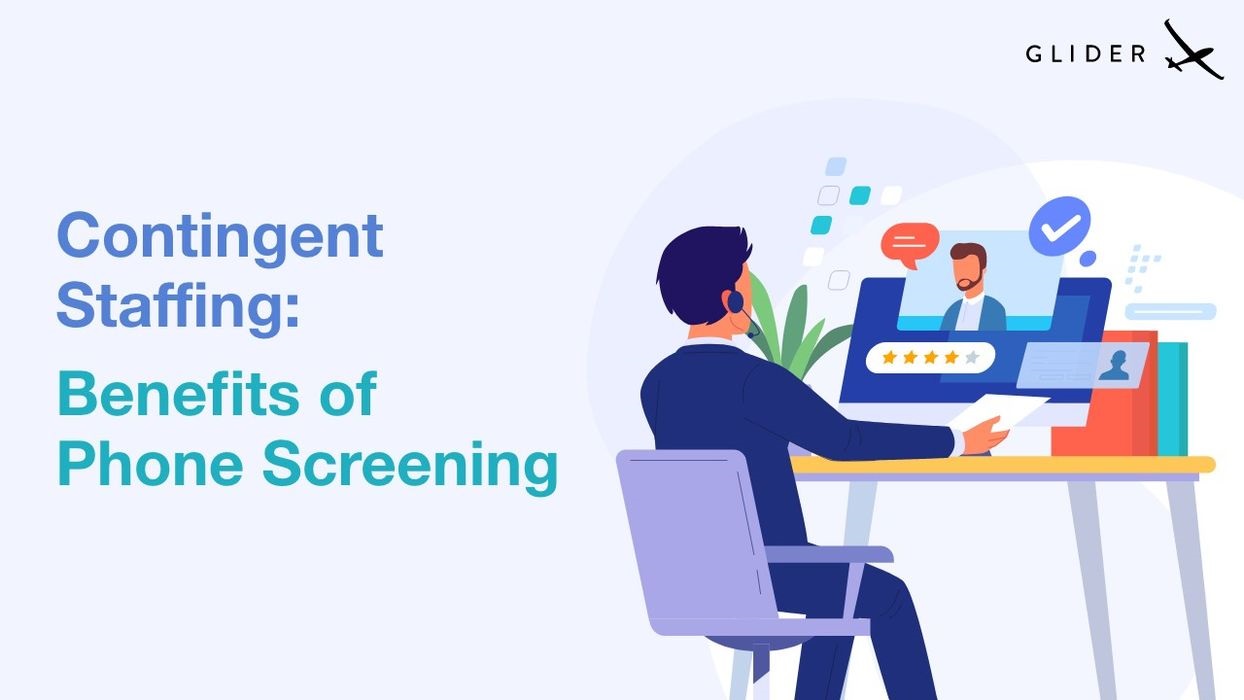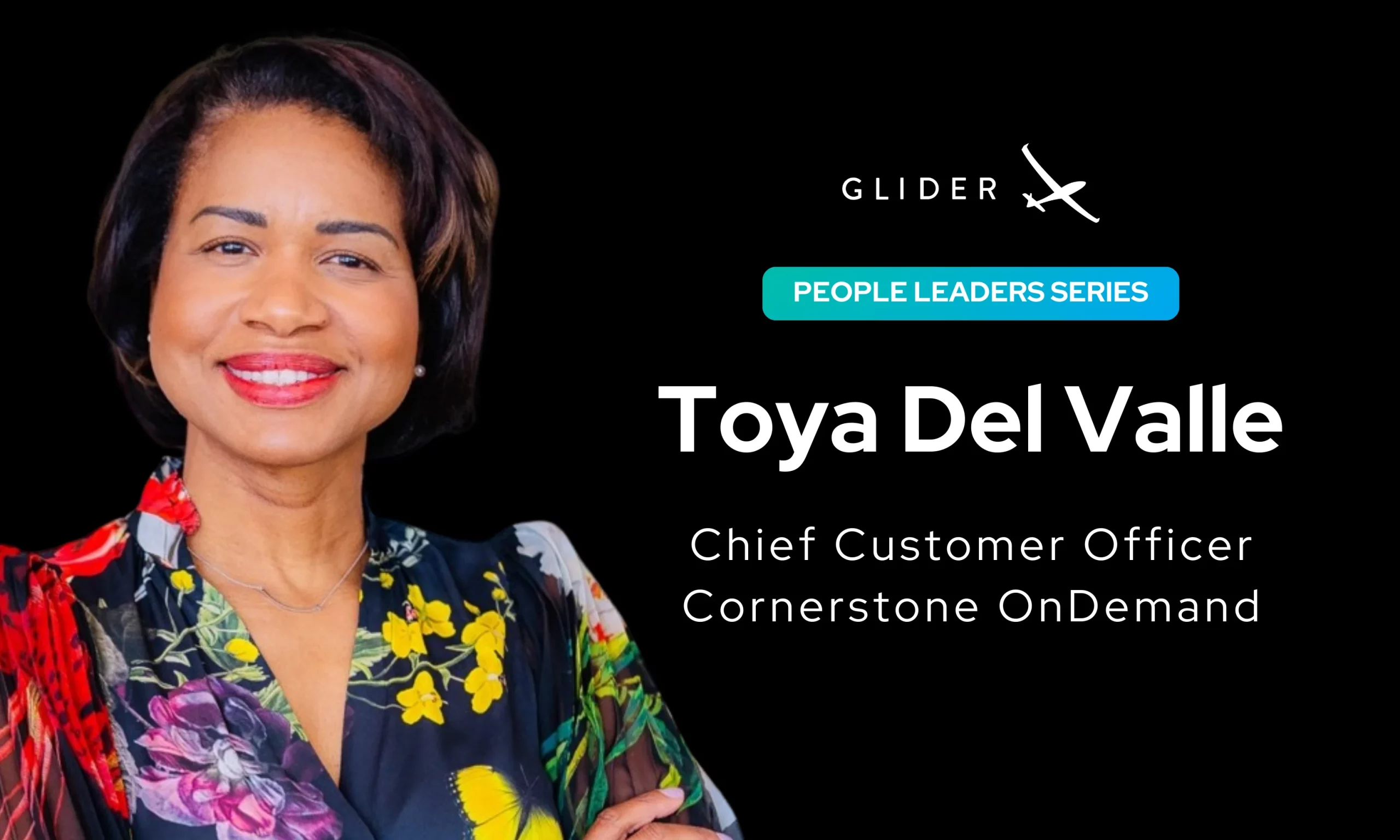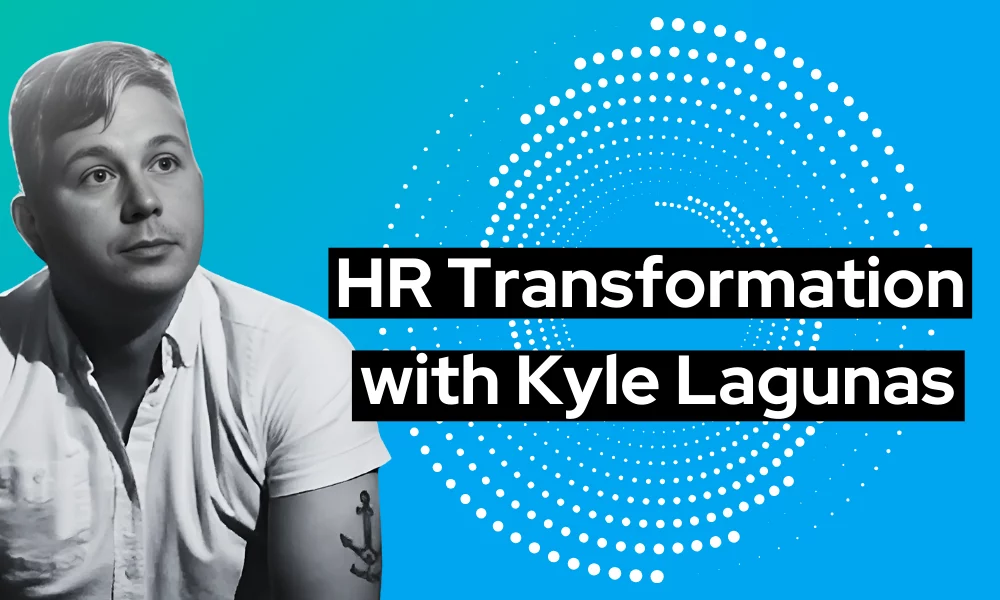
Make talent quality your leading analytic with skills-based hiring solution.

Businesses all around the world are forever looking for a competitive advantage and hiring is not an exception. Thanks to phone screening, hiring contingent staff has become easy and simple to discern your best candidates.
Contingent staffing requires a proper screening of your applicants. One of the best ways to do that is by phone screening.
A simple Google search can get you many answers to what is a phone screen interview. Along with that, we shall talk about why phone screening is important for your contingent staffing and what are the benefits that you can get.

Like a difference between phone interview and phone screen, hiring contingent staffing is also subject to various challenges. Some of which are:
With the advent of online hiring tools that allows the entire hiring process to be created, executed and managed remotely, a lot of hiring challenges have been resolved.
What recruiters should know before conducting a phone screen interview? First of all, recruiters no longer need to manually send emails, schedule and conduct hiring rounds to assess each candidate individually. Remote hiring tools allow recruiters to carry out bulk hiring in one go with scheduling and evaluation process automation. Availability of readymade questions and framework to record candidate response and share feedback further makes hiring easier.
Contingent hiring usually takes place in bulk, and one of the biggest challenges that recruiters face is screening a large pool of candidates and selecting the best talent for the next round. In case of bulk contingent hiring, talent screening usually takes the most amount of time (~50% of the entire hiring process duration) as the talent pool is large at this stage. With each hiring round, the talent funnel narrows as only the shortlisted candidates move further along in the hiring process, making the subsequent hiring rounds less time taking.
Having a talent screening tool that allows bulk screening in a structured manner substantially reduces the time to screen talent and also improves the quality of candidates that are shortlisted post screening. The most common tool used for talent screening is guided phone interview tools. Screening via phone interview is often conducted by most employers for large intakes of staff. These screening methods are your best alternative against pointless interviews.
“This call helps set the tone for the interview process.”
• Amy Miller, recruiter for Microsoft
A typical phone screening tool can help you in:
One of the advantages of contingent staffing is the speed at which you can hire them. It often takes far less time than hiring a full-time worker. However, that speed often distracts an organization from having a proper screening process. Overlooking the screening process can cause significant problems such as security breaches or the sharing of confidential information.
A proper phone screening process helps you to assess the personality of the applicants and weed out the unqualified candidates.
Is the phone screen interview candidate friendly? Here are the top 5 benefits of having phone screening during contingent staffing:
a) Cost per hire is decreased
A bulk hiring process is a costly endeavor. The money spent to find the right person may turn your hiring budget upside-down.
Phone screening narrows down the candidate pool, thus, reducing the unnecessary recruitment costs.
b) Time to hire gets reduced
Phone screening helps you identify the most suitable candidates. A phone call can reveal if the applicant is actually intelligent and competent enough to for the further interview process.
“You don’t want to miss a potentially good candidate,
but you have to be sure the person is
worth the investment of time to meet in person.”
• Molly Brennan, managing partner at Koya Leadership Partners
By conducting phone screening in the early phase of the process, you can save time that would otherwise be wasted on meeting unsuitable candidates face to face. On the other hand, candidates should also know how to pass a phone screen interview.
c) Quality of hire is improved
Contingent staffing requires you to find the best talent for the job. Since you will be hiring that person for a specific amount of time and a specific task, the quality of work has to be significant.
Phone screening helps you eliminate any unsuitable candidate for a position. This results in better quality of hire and also helps in reducing the candidate-attrition rate.
“It helps to weed out those who may have misinterpreted
the details of the position or weren’t aware of what the role consisted of.”
• Kara Freiburger, HR professional at Ingredion Inc.
d) Helps in detecting false information
Phone screenings can help you detect any false information. You can also know about any past unethical or criminal activity, even if an individual attempts to hide that history on the application.
In a recent study, the Society for Human Resources Management (SHRM) stated that job seekers who had committed negative acts in the past were the most likely to have falsified resumes.
A proper phone screening process helps in identifying the mentality of the candidates. You can get a hold of the actual personalities of the candidates from the answers.
e) Protects against negligent hiring suits
According to SHRM, the average settlement of a negligent hiring suit is close to $1 million, while some cases have resulted in settlements in the tens of millions of dollars.
Phone screening can help you determine whether any contingent worker would pose a risk to your company in the form of a lawsuit. You can conduct phone screening to increase hire quality and better protect the workplace from any criminal activity.
Glider provides a guided approach that enables you to ask the right set of questions. You can weed out the unqualified candidates right at the beginning and send only those who seem best.
Benefits of Glider phone screening are:
If you want to add phone screening to your contingent staffing plan, then give Glider a try.

Bridging the Gaps: Connecting Skills, HR, and Gen AI to Drive Transformation Glider AI sponsored an episode of Transformation Realness featuring host Kyle Lagunas and Yvette Cameron, Senior Vice President of Cloud HCM Product Strategy at Oracle. Yvette is a true force in workforce innovation, pushing the boundaries of what’s possible with skills-driven strategies, manager […]

Can HR Stop Playing Buzzword Bingo with Skills and AI? If you’re an HR or TA practitioner or work in HR Tech in any capacity, AI and Skills-Based Hiring is what everyone is talking about. The problem? All the talk is diluting the importance of two very interrelated topics. Glider AI sponsored the Transformation Realness […]

Q&A with HR/TA Analyst Kyle Lagunas The traditional playbook that was HR is being rewritten. AI is reshaping work, skills-based strategies are transforming hiring, and HR teams are under pressure to deliver more with less. HR isn’t just about managing people anymore—it’s about engineering the future of work. In this Q&A session, Kyle Lagunas and Joseph […]